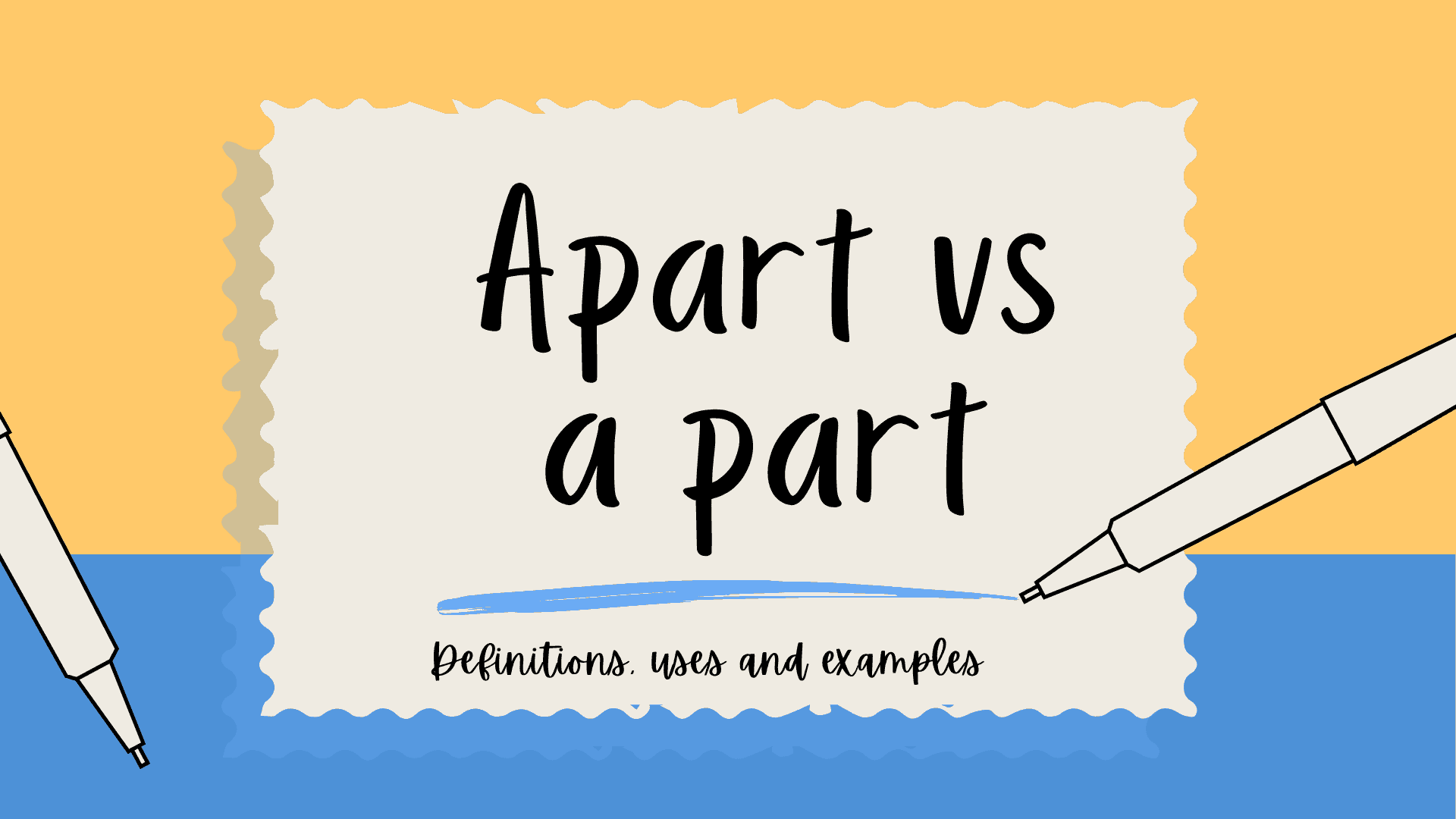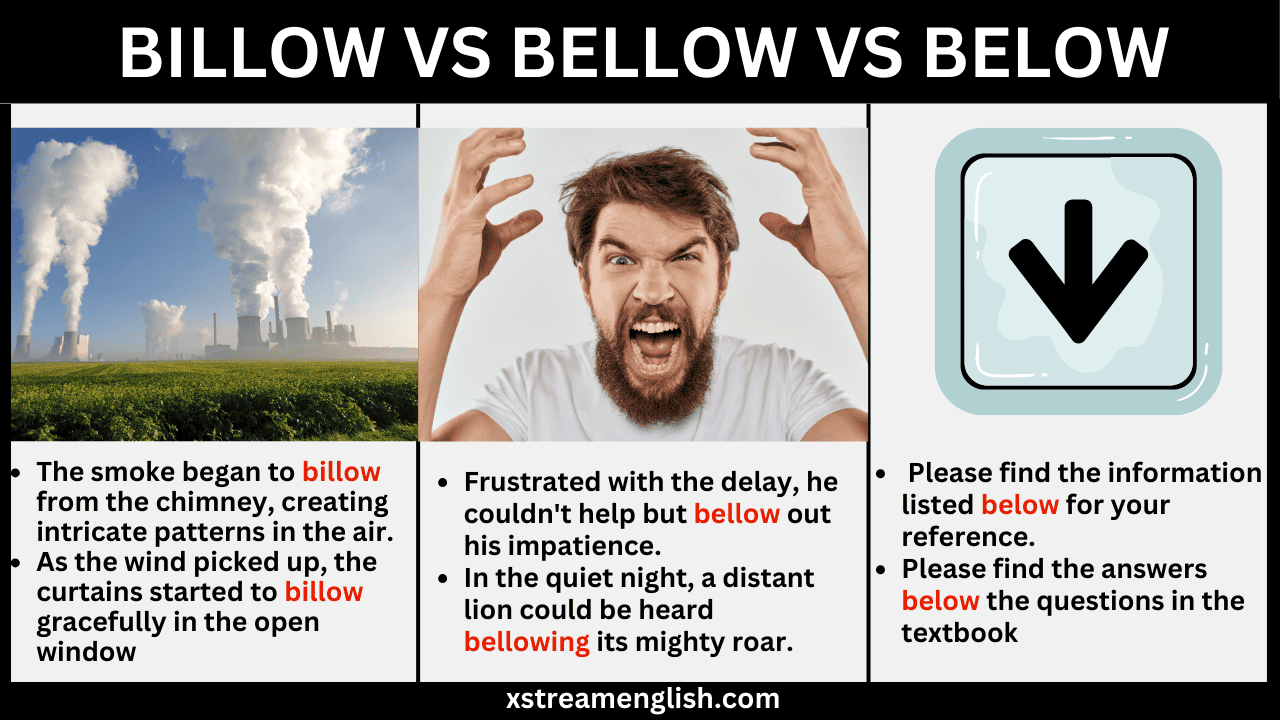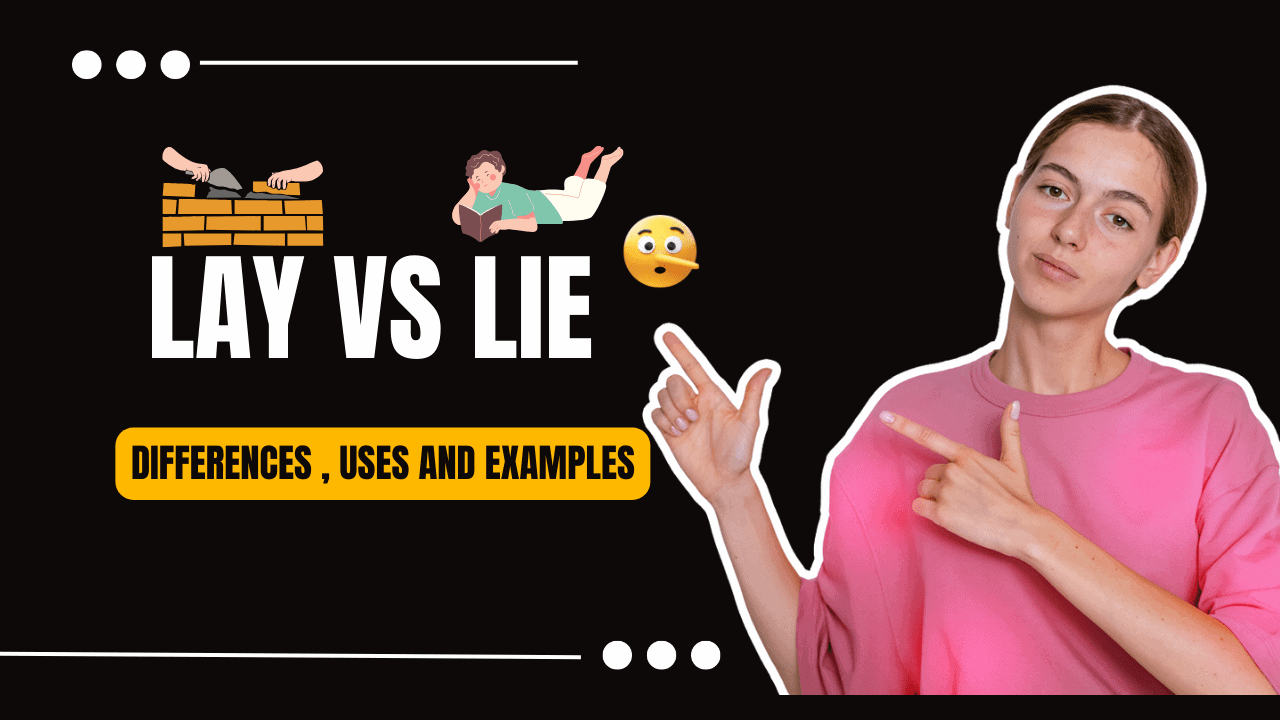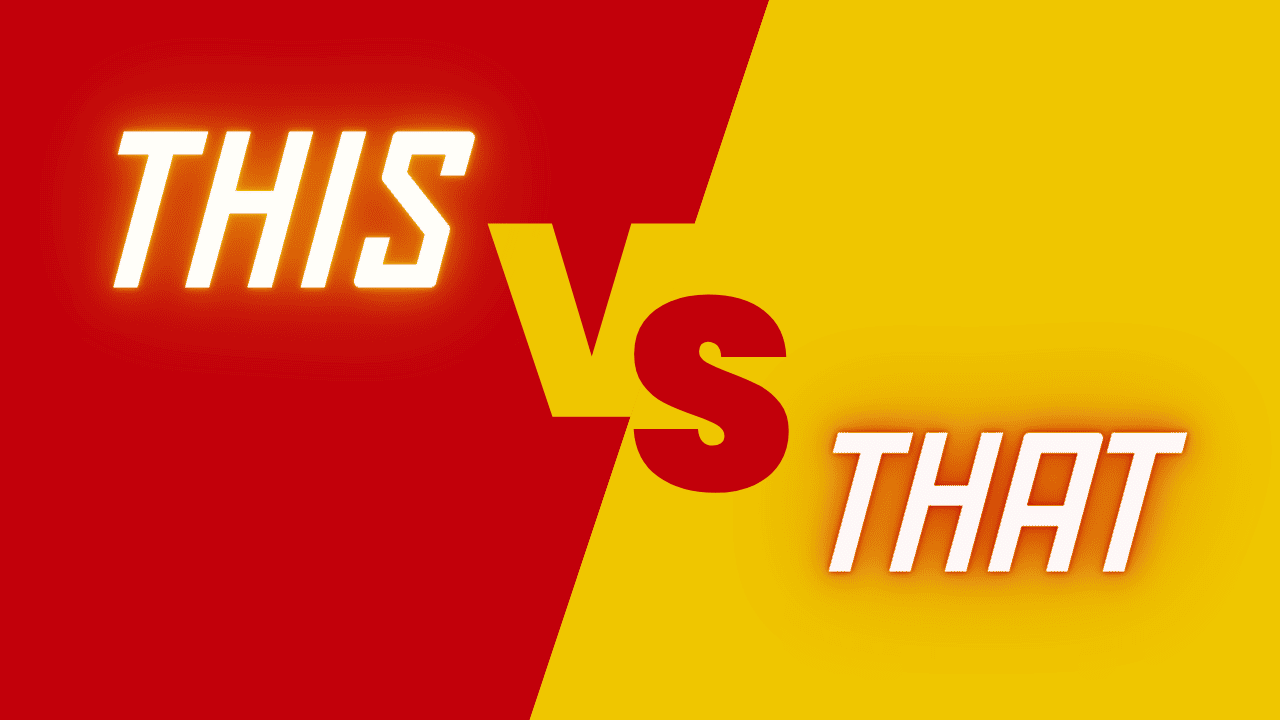
The simple future also called future Indefinite tense refers to a time later than now and expresses facts or certainty. It indicates that an action is in the future relative to the speaker or writer.
The General form of Future Indefinite tense is Subject + shall/will + root verb
Examples of Future Indefinite Tense
- He will go to Paris.
- Sophie will sing a song.
- They will play Basketball.
- We shall clean the house.
- I shall study.
- She can do this work.
- It may rain today.
- It must rain.
- Let him go.
- Let us go to market.
Structure of Future Indefinite Tense
| Structure of Simple Future Tense | |||
| Positive | Negative | Interrogative | Negative Interrogative |
| Subject + Helping verb (will) + Base form of the verb + the rest of the sentence | Subject + Will not/Won’t + Base form of the verb + the rest of the sentence | Will + Subject + base form of the verb + the rest of the sentence | Will + Subject + not + Base form of the verb + the rest of the sentence(or)Won’t + Subject + Base form of the verb + the rest of the sentence |
| Examples 1. I will visit my friend next weekend. 2. She will sing a song. | Examples 1. I will not visit my friend next week 2. She will not sing a song | Examples 1. Will I visit my friend next week? 2. Will she sing a song? | Examples 1. Will I not visit my friend next week? 2. Will she not sing a song? |

Examples of Future Indefinite Tense
Affirmative Sentences
| subject | will/shall | V1 | rest of the sentence |
- I shall buy a T.V.
- I shall help you.
- You will work here.
- She will sing a song.
- Amelia will steal your book.
- They will sleep in this room tomorrow.
- We will attend the party.
- Tom will come tomorrow.
- Daniel will write a letter today.
- He will call you.
Negative Sentences
| subject | Will/shall | not | V1 | rest of the sentence |
- I shall not buy a T.V.
- I shall not help you.
- You will not work here.
- She will not sing a song.
- Amelia will not steal your book.
- They will not sleep in this room tomorrow.
- We will not attend the party.
- Tom will not come tomorrow.
- Daniel will not write a letter today.
- He will not call you.
Interrogative sentences
| Will/shall | subject | v1 | rest of the sentence? |
- Shall I buy a TV?
- Shall I help you?
- Will you work here?
- Will she sing a song?
- Will Amelia steal your book?
- Will they sleep in this room tomorrow?
- Will we attend the party?
- Will Tom come tomorrow?
- Will Daniel write a letter today?
- Will he call you?
Interrogative Negative sentences
| will/shall | subject | not | v1 | rest of the sentence? |
- Shan’t I buy a TV?
- Shan’t I help you?
- Won’t you work here?
- Won’t she sing a song?
- Won’t Amelia steal your book?
- Won’t they sleep in this room tomorrow?
- Won’t we attend the party?
- Won’t Tom come tomorrow?
- Won’t Daniel write a letter today?
- Won’t he call you?
Use of shall and will
- 1st person + will – Determination.
- 1st person + shall – possibility.
Examples
- I/ we will come tomorrow. ( come for sure)
- We/I shall come tomorrow ( may or may not be come)
- 2nd person + will – possibility
- 2nd person + shall – confirm
Examples
- They will go to school. ( May be, may not be)
- They shall go to school. ( Definitely, they will go)
USES OF FUTURE INDEFINITE TENSE
A. When the action is to take place in future. Adverbs which indicate future actions such as soon, in a few moments, next year/ month/ week, tomorrow etc.
- She will marry him at the end of this year.
- He will buy a new house shortly.
- I will not go to the office tomorrow.
- The election result will be announced in a few moments.
- Will he call me tomorrow?
B. In conditional sentences, the result of the condition ( given in Simple present ) is mentioned in Simple future Tense.
- If I come to Paris, I shall meet you.
- If she files the complaint, the police will help her.
Keywords: Future Indefinite Tense
- Tomorrow
- In future
- Next week
- Next month
- Next year
- On next Monday
- soon
- in a few minutes
- shortly
- in the coming days
- In 2005
- Later
- Hereafter
- Today evening
- In a little time
- In the years to come
- Within a week
Be going to – simple future tense
The simple future tense with be going to express the action in the future that has already been decided on.
Formula:
am/is/are + going to + root form of verb
Example:
- I am going to see my mother at the airport.
- He is going to tell you where you can find that book.
Uses:
- Action in the near future that has already been planned or prepared.
- I am going to study harder next year
- My mother is not going to make dinner tonight. We’re going out to a restaurant.
- 2. A general prediction about the future
- The sky is absolutely dark. It is going to rain.
- This movie is going to win several awards.
Structure:
Active Voice: Subject +will/shall + V1 + Object.
Passive Voice: Subject( Objective Case) +will/shall + be + V3 + by + Object ( Subjective case).
Examples:
- Active Voice: She will write a letter.
- Passive Voice: A letter will be written by her.
- Active Voice: They shall complete the project.
- Passive Voice: The project shall be completed by them.
- Active Voice: They will cook dinner for the party.
- Passive Voice: Dinner will be cooked for the party by them.
- Active Voice: He will build a new house in the suburbs.
- Passive Voice: A new house will be built by him in the suburbs.
Test Your Understanding of Future Indefinite Tense
- I am sure Manchester United _______ lose the match.
- In 50 years, smartphones ______(do) the housework.
- By this time next year, I __________ (graduate) from college.
- She hopes that they __________ (visit) her family during the holidays.
- They believe that he __________ (win) the championship next month.
- We __________ (travel) to Paris next summer.
- The concert __________ (start) at 7 PM tomorrow.
- I’m sure she __________ (call) you as soon as she reaches home.
- The company __________ (introduce) a new product next week.
- We __________ (have) a party to celebrate his birthday on Saturday.
- will
- will do
- will have graduated
- will visit
- will win
- will travel
- will start
- will call
- will introduce
- will have
Frequently Asked Questions On Past Continuous Tense
what is future Indefinite tense?
The simple future also called future Indefinite tense refers to a time later than now and expresses facts or certainty. It indicates that an action is in the future relative to the speaker or writer
What are the uses of Future Indefinite Tense?
1. When the action is to take place in future. Adverbs which indicate future actions such as soon, in a few moments, next year/ month/ week, tomorrow etc.
2. In conditional sentences, the result of the condition ( given in Simple present ) is mentioned in Simple future Tense.
What is the structure of Future Indefinite Tense?
The structure of the Future Indefinite tense is as follows:
Subject + will/shall + v1+ Object.



